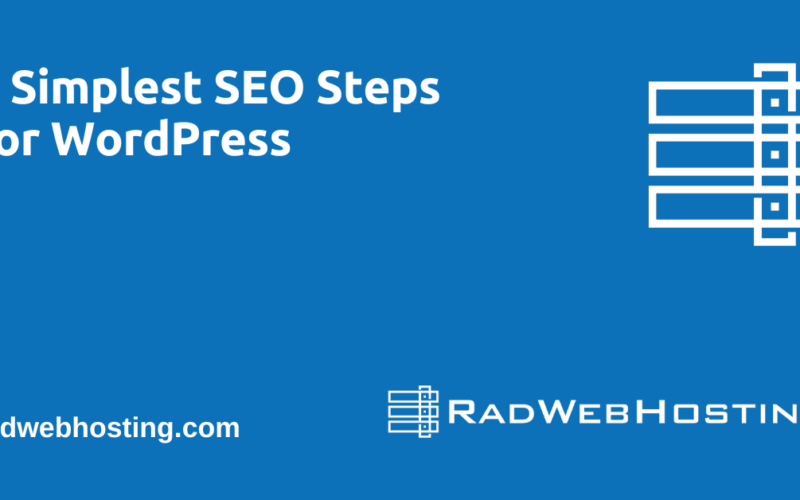CentOS Stream vs AlmaLinux vs Rocky Linux vs Oracle Linux for VPS Hosting
Choosing the right Linux distribution for VPS hosting is critical for performance, security, and stability.
Since CentOS Linux reached end-of-life in 2021, many users have shifted to alternatives like CentOS Stream, AlmaLinux, Rocky Linux, and Oracle Linux. Each of these operating systems has unique features and trade-offs, making it essential to understand their strengths and weaknesses before selecting one for your VPS.
CentOS Stream
Overview
CentOS Stream is the upstream (rolling-release) version of Red Hat Enterprise Linux (RHEL). Unlike traditional CentOS, which was a stable, downstream version of RHEL, CentOS Stream now serves as a continuous preview of what the next RHEL version will look like.
Pros:
- Continuous Updates: Provides early access to upcoming RHEL changes.
- Close to RHEL: Developers targeting RHEL environments benefit from its bleeding-edge updates.
- Officially Supported by Red Hat: Offers enterprise-level quality control.
Cons:
- Not Ideal for Production: Since it is a rolling release, it may introduce instability compared to traditional fixed-release models.
- Lack of Long-Term Stability: Users needing predictable environments may find it unreliable.
Best For:
- Developers working on RHEL-compatible applications.
- Users who want a preview of RHEL updates.
- Test environments rather than production VPS hosting.
Versions Supported:
Links:
AlmaLinux
Overview
AlmaLinux was created as a 1:1 binary-compatible replacement for CentOS after its discontinuation. It is managed by the AlmaLinux OS Foundation, a non-profit organization ensuring its long-term stability and support.
Pros:
- Enterprise-Grade Stability: Ideal for production environments.
- 100% RHEL Compatibility: Seamless migration from CentOS.
- Long-Term Support (LTS): Regular updates with extended lifecycle support.
- Free & Community-Driven: No licensing costs, backed by an active community.
Cons:
- Newer Project: Although well-supported, it’s still relatively young compared to CentOS.
Best For:
- Businesses and enterprises needing a stable CentOS replacement.
- Web hosting providers and VPS users requiring predictable updates.
- Organizations seeking a reliable, free RHEL alternative.
Versions Supported:
Links:
Rocky Linux
Overview
Rocky Linux, founded by CentOS co-founder Gregory Kurtzer, aims to be a 1:1 binary-compatible replacement for CentOS, just like AlmaLinux. It is backed by the Rocky Enterprise Software Foundation (RESF).
Pros:
- True CentOS Successor: Focuses on long-term stability and reliability.
- 100% RHEL Compatible: Just like AlmaLinux, provides full RHEL compatibility.
- Enterprise & Community Support: Strong backing from cloud and enterprise vendors.
- Free & Open Source: No licensing fees.
Cons:
- Relatively New: Like AlmaLinux, it’s still gaining traction and adoption.
Best For:
- Enterprises and developers migrating from CentOS.
- Organizations seeking a community-driven RHEL alternative.
- Web hosting companies requiring long-term OS stability.
Versions Supported:
Links:
Oracle Linux
Overview
Oracle Linux is an enterprise-grade distribution built on RHEL, but with enhancements from Oracle. It offers two kernel choices: Red Hat Compatible Kernel (RHCK) and Unbreakable Enterprise Kernel (UEK).
Pros:
- Free & RHEL-Compatible: No cost to use with full binary compatibility.
- Unbreakable Enterprise Kernel (UEK): Offers performance and security improvements.
- Strong Enterprise Backing: Backed by Oracle with optional paid support.
- Regular Security Patches: Prioritizes security with consistent updates.
Cons:
- Oracle’s Reputation: Some users avoid it due to Oracle’s past business practices.
- Less Community Involvement: Unlike AlmaLinux and Rocky Linux, it is not purely community-driven.
Best For:
- Enterprises using Oracle products (e.g., Oracle Cloud, databases).
- Users seeking an RHEL-compatible OS with optional enterprise support.
- Security-conscious businesses leveraging UEK for performance gains.
Versions Supported:
Links:
Table: CentOS Stream vs AlmaLinux vs Rocky Linux vs Oracle Linux for VPS Hosting
| Feature | CentOS Stream | AlmaLinux | Rocky Linux | Oracle Linux |
|---|---|---|---|---|
| Base OS | RHEL (upstream) | RHEL (downstream) | RHEL (downstream) | RHEL (downstream) |
| Update Model | Rolling Release | Point Releases | Point Releases | Point Releases |
| Stability | Moderate | High | High | High |
| Enterprise Support | No | Community-Backed | Community-Backed | Oracle Support |
| Best Use Case | Development | Production VPS | Production VPS | Enterprise Use |
| Cost | Free | Free | Free | Free (paid support optional) |
Which One Should You Choose for VPS Hosting?
- For Production VPS: Choose AlmaLinux or Rocky Linux for long-term stability and RHEL compatibility.
- For Development and Testing: CentOS Stream is best if you want a preview of upcoming RHEL changes.
- For Oracle Workloads: If you’re running Oracle-based applications, Oracle Linux might be the best fit.
- For Security & Performance Enhancements: Oracle Linux (UEK) provides optimized performance but comes with Oracle’s branding.
Conclusion
While CentOS Stream remains useful for RHEL development, it is not ideal for VPS hosting due to its rolling-release nature. AlmaLinux and Rocky Linux have quickly emerged as the leading alternatives for CentOS replacements, offering stability, long-term support, and free access. Oracle Linux is another strong option for enterprise users, particularly those in Oracle Cloud environments.
✅For most VPS hosting needs, AlmaLinux and Rocky Linux are the safest and most stable choices.
What’s your preferred choice for VPS hosting? Let us know in the comments!















[…] CentOS Stream vs AlmaLinux vs Rocky Linux vs Oracle Linux for VPS Hosting […]
[…] SEE ALSO: CentOS Stream vs AlmaLinux vs Rocky Linux vs Oracle Linux for VPS Hosting […]
[…] SEE ALSO: CentOS Stream vs AlmaLinux vs Rocky Linux vs Oracle Linux for VPS Hosting […]
[…] SEE ALSO: CentOS Stream vs AlmaLinux vs Rocky Linux vs Oracle Linux for VPS Hosting […]
[…] SEE ALSO: CentOS Stream vs AlmaLinux vs Rocky Linux vs Oracle Linux for VPS Hosting […]
[…] SEE ALSO: CentOS Stream vs AlmaLinux vs Rocky Linux vs Oracle Linux for VPS Hosting […]